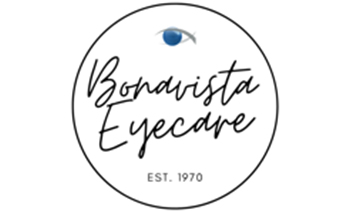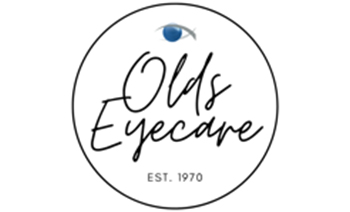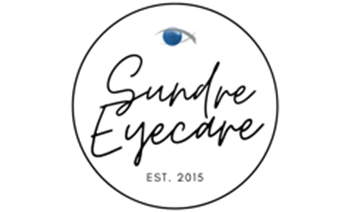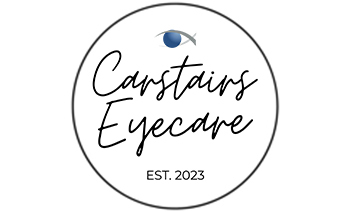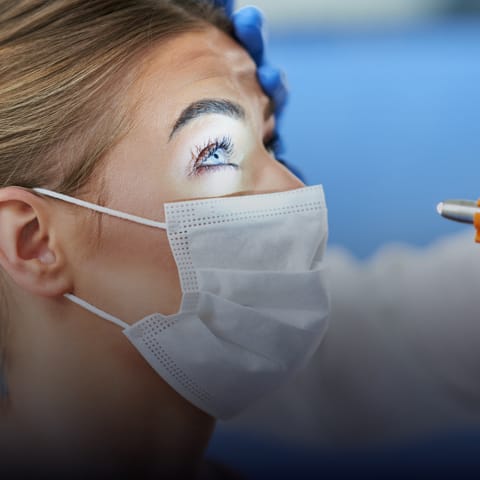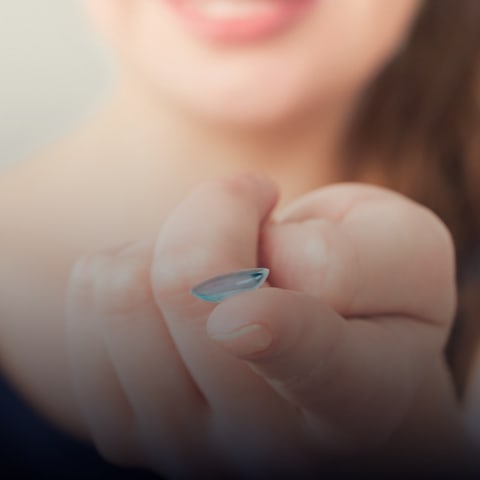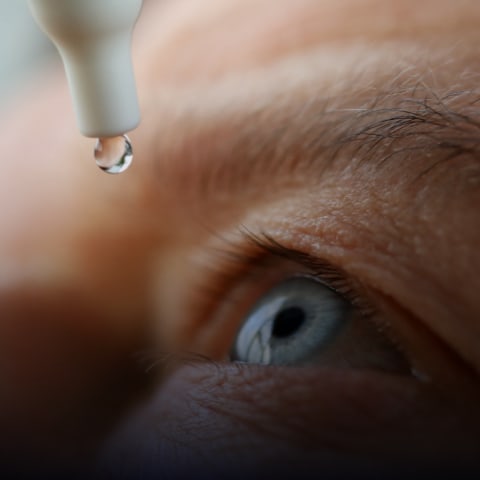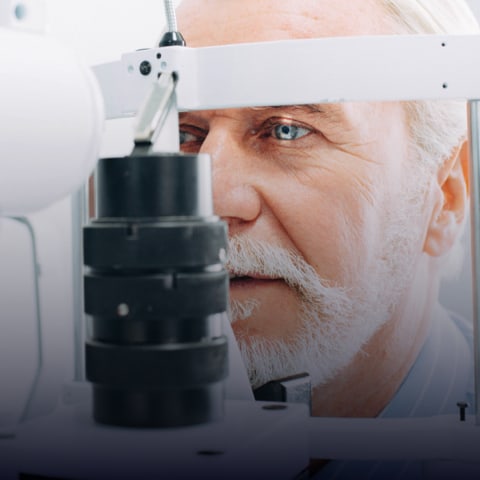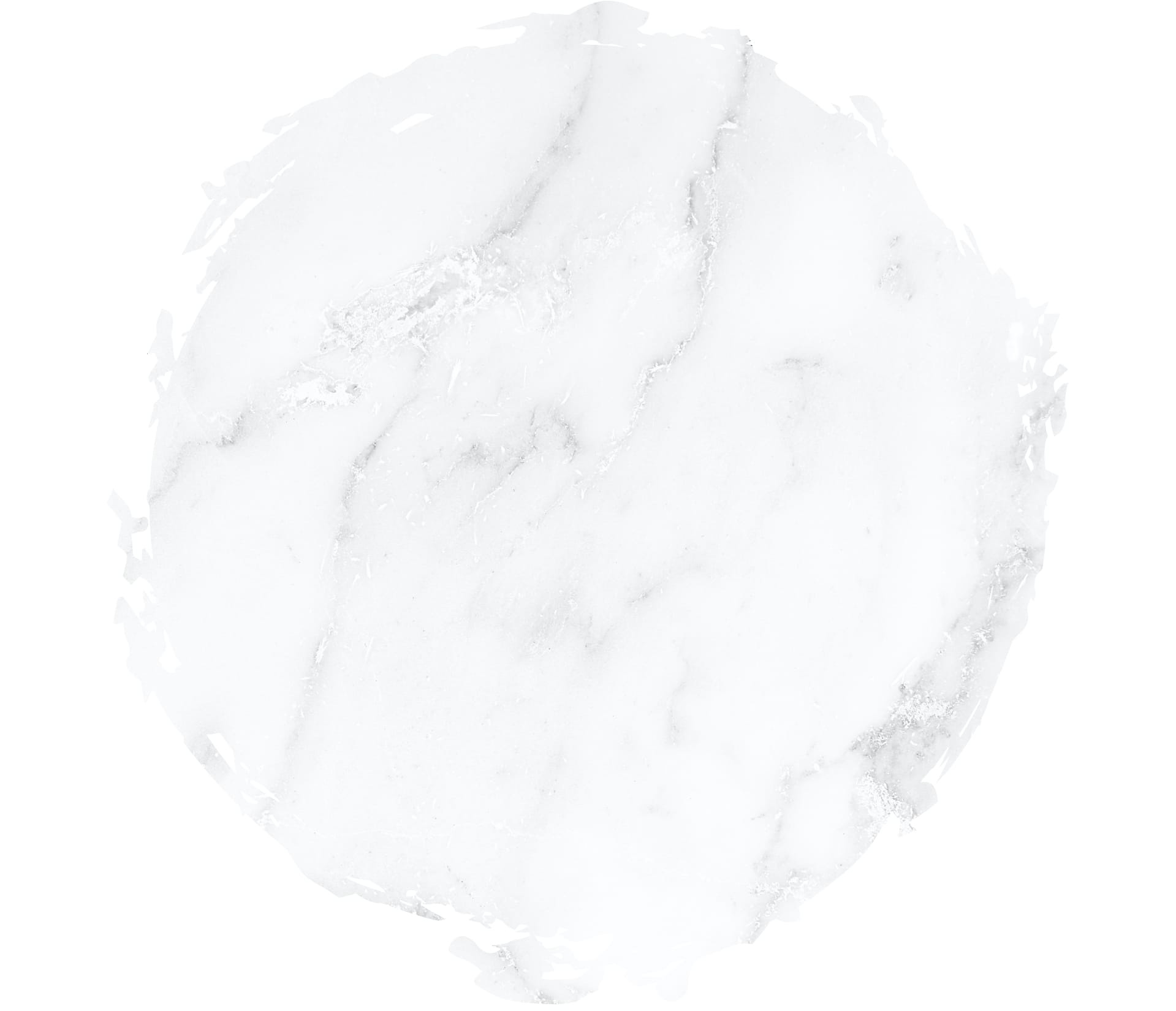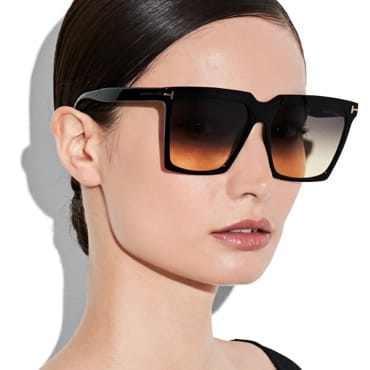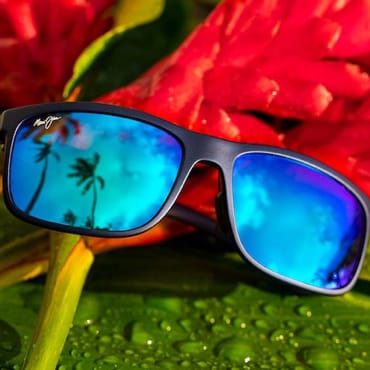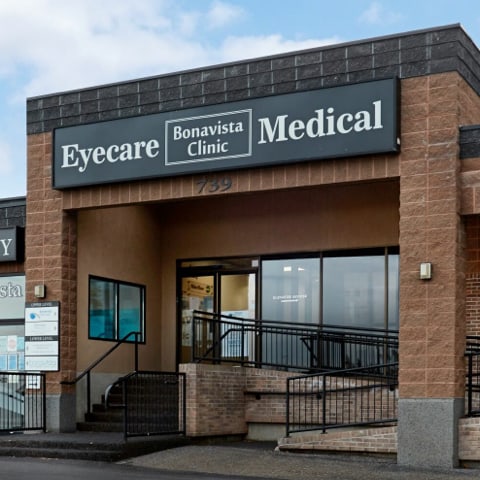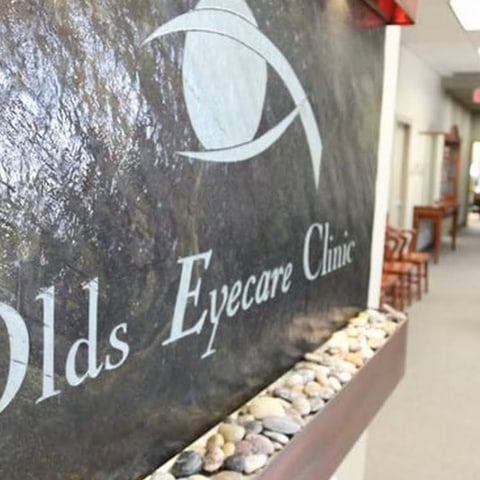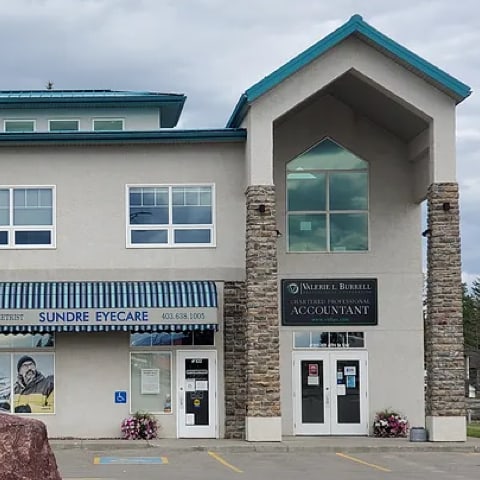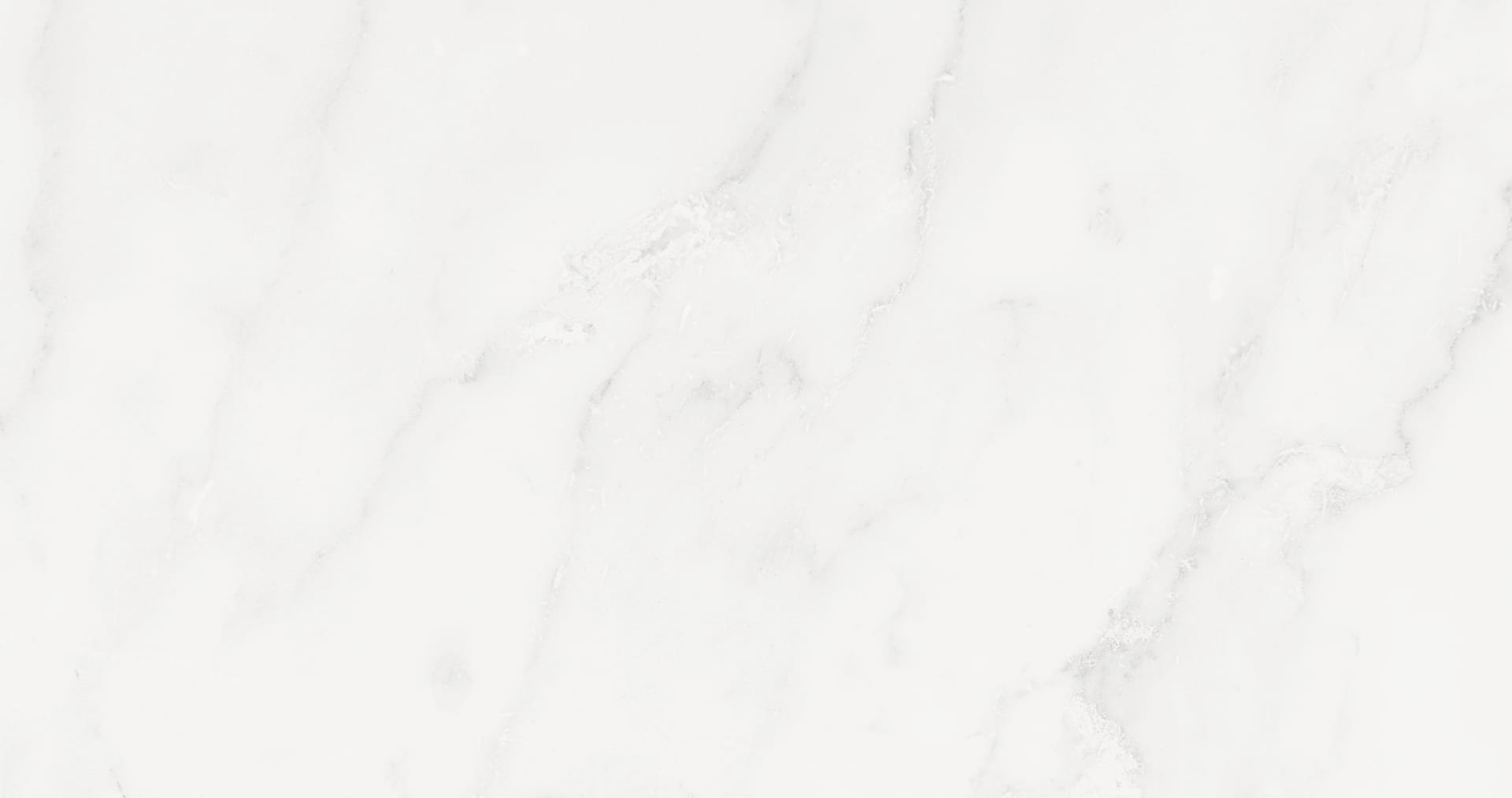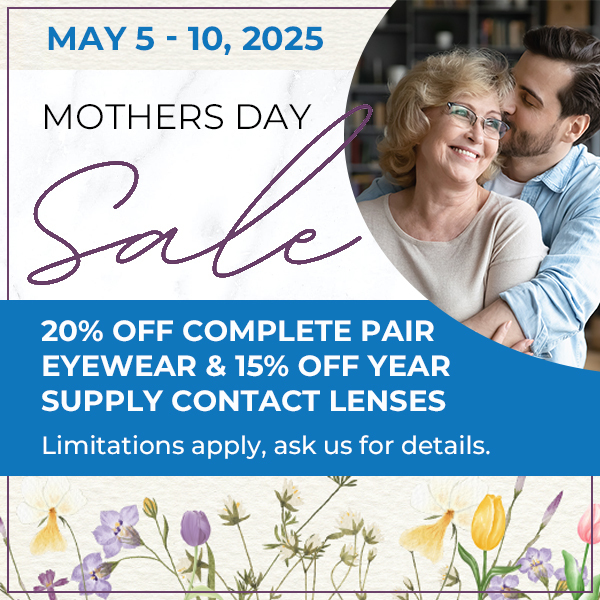Hello, fellow contact lens wearers! Can we all agree that being able to see the world with clear vision is a game-changer? Contact lenses can be a convenient option for seeing clearly, but when you choose to wear them, there are a few important details to keep in mind. One of the most important is that contact lenses can expire, and you should never wear expired contacts.
During a contact lens exam and fitting, we can provide guidance on proper contact lens care and answer your questions about when to replace contacts and how long yours should last. We can even give you guidance on how to manage dry eyes when you wear contacts.
What Are Contact Lenses?
Contact lenses are thin, curved discs that are placed directly on the eye to correct vision problems such as nearsightedness, farsightedness, and astigmatism. They work by refracting light and focusing it directly onto the retina, allowing for clear vision.
There are also specialty contacts that can help address specific problems and eye conditions, such as scleral lenses for dry eyes and multifocal contacts for those who need support with seeing up close and at a distance.
Why Choose Contacts Over Glasses?
Contacts can offer many benefits over traditional glasses, such as a wider field of vision, no glare or distortion, and better compatibility with physical activities. They can also provide a more natural appearance, since they sit directly on the eye instead of in front of it like glasses.
Why Do Contacts Have Expiration Dates?
The main reason behind this is safety. Contact lenses are medical devices that come into direct contact with our eyes, which are incredibly delicate and can be vulnerable to infections.
Over time, contacts can accumulate deposits from your tears, proteins, and bacteria. These deposits can build up on the surface of the lens and cause irritation or even infections like keratitis if not properly cleaned or replaced.
Additionally, as you age, your sight can change, and you may require a different prescription for optimal vision correction. Expiration dates help ensure that you are regularly replacing your contacts before any potential issues arise.
It is essential to follow the recommended replacement schedule provided by your eye doctor or manufacturer to prevent any discomfort or harm to your eyes.
Factors That Affect the Expiration Date of Contact Lenses:
Not all contact lenses are the same, and the expiration date for your contacts can vary based on several factors. During a contact lens fitting, we’ll provide you with guidance on when to replace your specific lenses.
Some of the factors that generally affect the lifespan of contacts include:
- Type of contact lens material: The material used to make contact lenses can impact how long they will last before expiring. For example, soft contact lenses often have a shorter lifespan than rigid gas permeable (RGP) lenses.
- Care and maintenance: Proper care and maintenance of your contact lenses can play a significant role in their expiration date. Failure to clean and store your contacts correctly can lead to the buildup of bacteria, protein deposits, and other debris that can shorten their lifespan.
- Frequency of use: The recommended frequency for how often you use your contacts can also determine how often you should replace them. Daily disposable contacts are meant to be worn for one day only, while monthly or bi-weekly contacts can last longer but still need to be replaced on a regular schedule. Wearing your contacts for longer than recommended can increase your risk of eye infections.
- Environmental factors: The environment in which you wear your contact lenses can also affect their lifespan. Contact lenses exposed to excessive heat, moisture, or chemicals can deteriorate at a faster rate, shortening their lifespan.
- Individual eye health: Every person’s eyes are unique and may react differently to contact lenses. For example, some people may produce more protein deposits, which can cause their contacts to expire sooner.
- Storage method: How you store your contact lenses when not in use can also affect their lifespan. Contact lenses should be stored in a clean case with fresh solution changed daily to prevent bacteria buildup and preserve the quality of the lenses.
Knowing these factors that can impact contact lenses is crucial for maintaining your eye health and prolonging the life of your contacts.
How Do You Know You Should Replace Your Contacts?
If you’re not sure whether your contacts have expired or they appear damaged, do not wear them. Expired and damaged contact lenses can cause serious complications for your eye health.
Here are a few tips to help you spot the signs your contacts need to be replaced:
- Check the expiration date: One of the most straightforward ways to determine if your contact lenses need to be replaced is by checking the expiration date on the packaging. This date is usually printed on the box or individual blister packs of each lens. If your contacts have passed their expiration date, it’s time to replace them.
- Look for signs of wear: Over time, contact lenses can become scratched, torn, or warped from regular use. These changes can affect the fit and comfort of your lenses, as well as increase the risk of eye infections. If you notice any visible damage to your contacts, you should discard them and get a new pair.
- Pay attention to changes in your vision: Expired contact lenses may not provide clear vision as they lose their shape and become less effective. If you notice any changes in your vision while wearing your contacts, it could be a sign that they have expired or are damaged.
- Check for comfort: Contact lenses should be comfortable to wear. If you experience any discomfort, redness, or irritation while wearing your contacts, it could be a sign that they are no longer suitable for use—or that they aren’t the right fit for your eyes. In either case, it’s time to switch to a new pair.
- Follow your eye doctor’s recommendations: Your eye doctor is a key resource for determining when it’s time to replace your contact lenses. We can assess the condition of your lenses and the health of your eyes to give personalized recommendations about how often you should replace your contacts.
What Are the Risks of Wearing Expired Contact Lenses?
Wearing expired contact lenses can cause serious issues that affect your short-term and long-term eye health. Some of the potential complications include:
- Eye infections
- Corneal ulcers
- Vision problems
- Contact lens deposits
- Eye irritation
- Reduced comfort
Get Contacts that Support Your Comfort & Lifestyle
It is vital to follow up with your optometrist for regular checkups to make sure that your contacts are fitting correctly. We’re dedicated to helping people in each community we serve find the right lenses for their needs, including Olds, Carstairs, and Sundre. We are ready to fit you for your new contacts. Contact us today to book an appointment.




